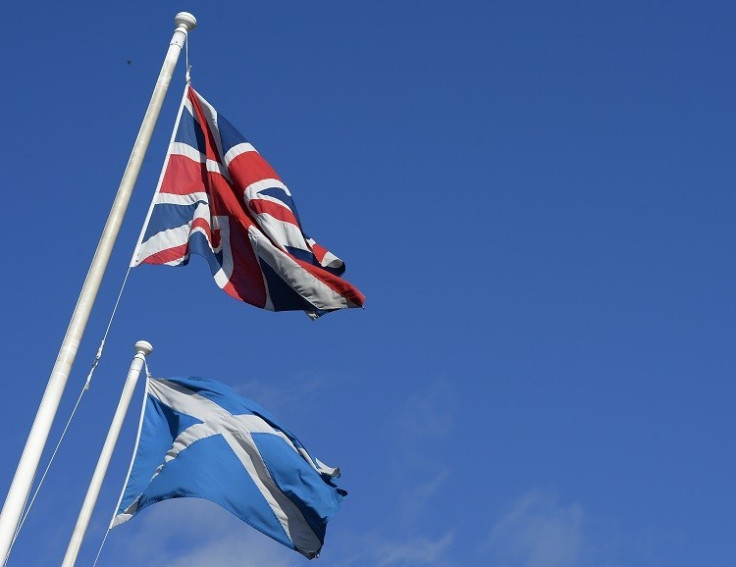Scottish Independence: SNP's Currency Union Plan is 'Contradictory' and a 'Moral Hazard'

An independent Scotland's plan to share the pound is fraught with difficulty and contradiction, according to a research paper by National Institute of Economic and Social Research (NIESR).
The proposed Sterling Monetary Union (SMU) advocated in the SNP white paper of November 2013, suggests the Bank of England could be shared by the Scottish and British governments.
"This is not only flawed but contrary to the goal of true independence," stated Dr Monique Ebell and Angus Armstrong, the authors of the research entitled, Scotland: Currency Options and Public Debt.
NIESR said that the proposed currency union creates a "moral hazard" as the direction of monetary policy at the BoE would be defined by the larger stakeholders at the central bank. This could result in one party bearing the costs of decisions by another member of the bloc.
In this case, the rest of the UK, whose population is 10 times the size of Scotland, would have more weight in deciding what happens to the supply of money and level of interest rates in the SMU.
The Fiscal Commission Working Group, a body of experts appointed by the SNP, suggested that the BoE could be jointly owned and run by both countries based on population size.
Even if there were Scottish members on the Monetary Policy Committee which sets interest rates, they would be outnumbered by the non-Scottish members of the board.
The authors write that to prevent an independent Scotland from being bailed out by the rest of the UK, strict limits on Scottish spending would have to be agreed between the Scottish and British governments.
Finally, the authors write that the level of debt an independent Scotland would inherit is vital for the currency it chooses.
If Scotland were to become an independent and still retain sterling as a currency and had agreed to strict spending policies, it would not have the flexibility if it had its own currency to cushion the effects of austerity cuts from the British government, noted NIESR.
Other voices have warned that a currency union is fraught with difficulties.
BoE Governor Mark Carney has said that a currency union would deliver great risks and would not be a simple decision to allow an independent Scotland to keep the pound.
His remarks reinforce the concerns expressed in the NIESR's research paper:
"In a monetary union between an independent Scotland and the rest of the UK the two parliaments would have to agree on whether fiscal rules were sufficient or whether similar risk-sharing mechanisms were necessary," said Carney last month.
© Copyright IBTimes 2025. All rights reserved.






















